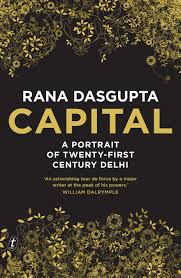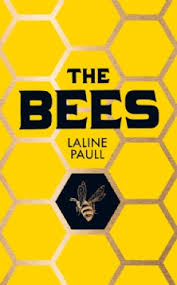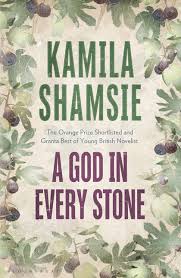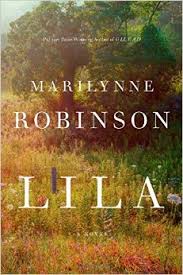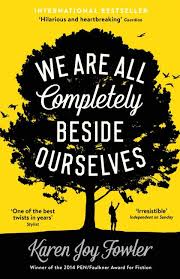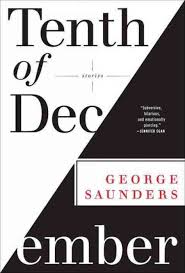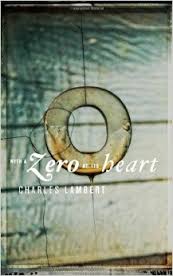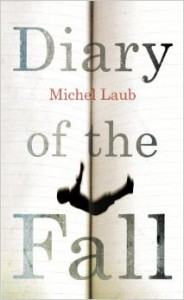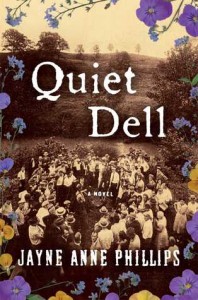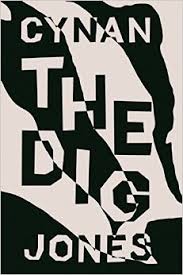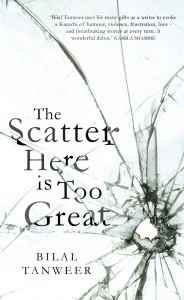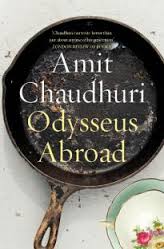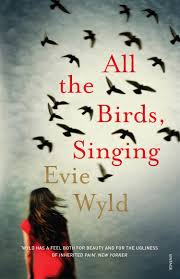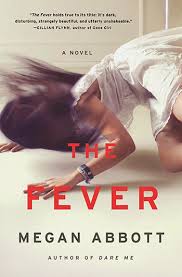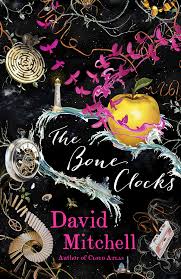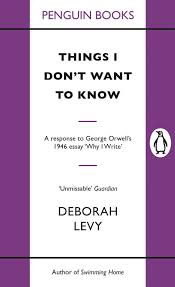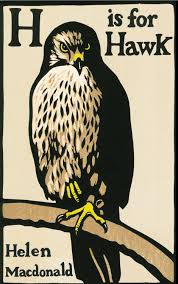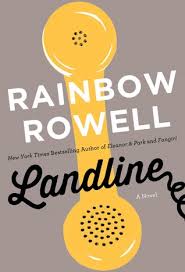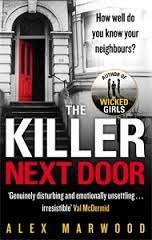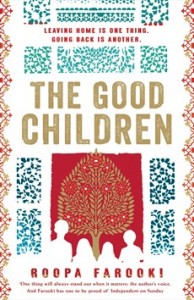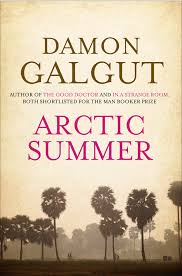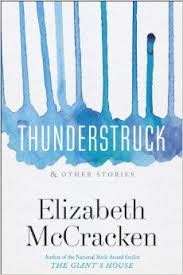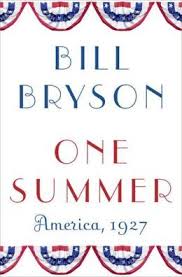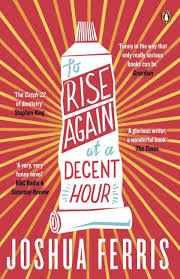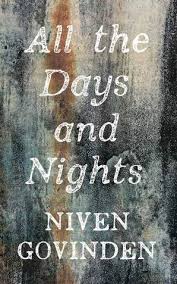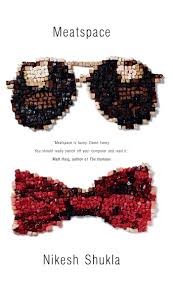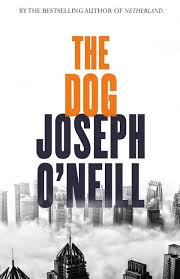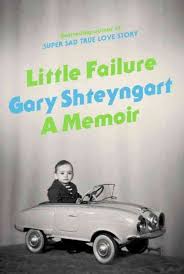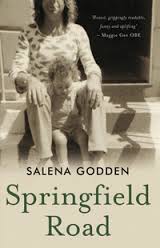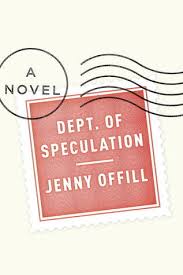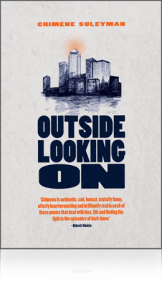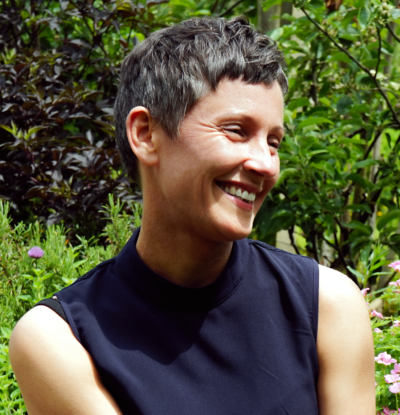Zafar Anjum
A lot of my reading this year and the last has been around two totally unrelated themes—poet Muhammad Iqbal and start up ecosystems. I was reading books on these two themes as research for the two books that I had been working on. Among the few others that I could read this year, I became fascinated with Rana Dasgupta’s accomplished portrait of Delhi, Capital: A Portrait of Twenty – First Century Delhi (Fourth Estate) and Ziauddin Sardar’s Mecca (Bloomsbury). Though both the books are about cities, they are essentially about people who live or have lived in those cities and have left their mark on them. While Dasgupta shows the life of both the wealthy and the poor in Delhi in a beautifully woven narrative, and how they are transforming the capital of India, Sardar’s book shows how the history of Islam has been a tale of unceasing violence and how very sadly the Saudis have been destroying the historical makers in Mecca, the most sacred city of Islam. The book I haven’t read yet and am looking forward to read is Zia Haider Rahman’s debut novel, In the Light of What We Know (Picador India).
Bidisha
Roshi Fernando
‘Lila’ by Marilynne Robinson, is my ultimate pick of the year. Robinson’s work is always spare, beautiful, poetry-prose, mining her readers’ private experience, it feels, to gain an agreed consensus between reader and writer on the intricacies of the world. The character of Lila is an outsider because of poverty: her viewpoint is highly intelligent, yet lacking educated knowledge, which made me think Lila like an immigrant in her own country. This is skilled, life enhancing writing. I was bereft when I finished it. Booker prize shortlisted ‘We Are All Completely Beside Ourselves’ is the book I have recommended many times to friends. My 13-year-old read it just after I did, and we had the joy of discussing it: entirely necessary, because of the subject matter. I cannot tell you more. Don’t read anything about it. Just read it. I love short story collections: George Saunders’ ‘Tenth of December’ is already a classic, in my eyes – I loved it. And I cannot WAIT to read Romesh Gunasekera’s ‘Noontide Toll’. I heard him read one story at a reading we did together. He’s my friend, yes, but he’s also a brilliant writer.
Niven Govinden
Novels dealing with memory, troubled and otherwise, have resonated greatly with me this year, of which Charles Lambert’s With A Zero At Its Heart (publ Friday Project), and Michel Laub’s Diary Of A Fall (publ Harvill Secker), stand out. Both employ a formalist brevity to juxtapose pivotal events in fraught boyhoods with the same in adulthood, particularly with ageing parents. The effect is never less than striking, and adds a crystalline dimension to the already taut prose. Jayne Anne Phillips in Quiet Dell (publ Jonathan Cape), and Cynan Jones in The Dig (publ Granta), explored the nature of brutality (serial murder in the former, to man against beast in the latter); a mindful balance of the forensically bold with something tender and real. Life blood pumps hard beneath these. Daniel Anselme’s lost 50s novel On Leave (reissued by Penguin Classics),stayed with me for months: a buddy novel, a love letter to Paris, and a book of the French Algerian war where fighting is barely mentioned; its horrors hovering in the background like ghosts. Classics all, which deserve to be widely read.
Heems
Anjali Joseph
Mahvesh Murad
I greatly admired Kamila Shamsie’s A God in Every Stone, which to me marks a new direction for the writer and is a fantastic story of a Pathan soldier recruited to fight a war that isn’t his and a young English woman with a great interest in the archeology of a land that isn’t hers. It’s set in the early 20th century, primarily in Peshawar and is a subtle, strong narrative about friendship, loyalty and of course, the ghost haunting all our stories of the subcontinent – colonialism.
My new discovery this year has been noir writer Megan Abbott, whose thrilling The Fever had me quite caught up in it’s taut web of fear, paranoia and teenage trauma. The premise itself is deliciously creepy – teen girls in a small town all seem to be getting very, very sick. No one knows why, but everyone knows there’s nothing more frightening than the complications of teen sexual awakening.
David Mitchell’s The Bone Clocks stood out not just because of the great voices he employed, but also because of the great dialogue the book resulted in. Was it literary fiction, was it science or speculative fiction and did it matter? I thought he’d finally fully embraced a great many of the fantasy elements he had always played with and employed them with great joy and verve.
Prajwal Parajuly
My favourite read for 2014 was Wendy Law-Yone’s A Daughter’s Memoir of Burma (Columbia University Press, 2014). All I know of Burma — its past and its present — I know from Law-Yone’s books. Law-Yone is a master story-teller, and with this meticulously researched book we realize she’s as skilled a non-fiction writer as she’s a novelist. Pick up the book now. You can thank me later.
Nasim Marie Jafry
I’m in the slow process of fictionalising aspects of my Asian father’s life and reading fiction and non-fiction about Partition is giving me great insight. I adored ‘Clear Light of Day‘ by Anita Desai (Vintage), originally published in 1980. The novel’s strengths are in the tiny details of family life, that can delight or cut you. I also enjoyed ‘Things I don’t Want to Know‘ by Deborah Levy (Penguin), a long and gorgeous essay on writing. And I’d definitely recommend ‘H is for Hawk‘ by Helen Macdonald (Jonathan Cape). It’s hard, I think, to be truly original on grief, and I found the parts on losing her father – though moving – to be less compelling than the chapters on Mabel – her goshawk – and the writings of T. H. White, which are utterly compelling. Her writing informs you and her passion for Mabel fascinates.
Huma Qureshi
I haven’t had a chance to read as much as I would have liked to this year, but of those I did read, the following stayed with me most of all. I love Rainbow Rowell, and was incredibly excited to read Landline. It’s the story of a marriage that isn’t quite over yet, but almost is, or could be. It felt real, and I liked that the main characters weren’t entirely likeable all the time – it made them honest. I read The Killer Next Door by Alex Marwood as quickly as I could. It was outrageously dark and scary and brilliantly entertaining for it. Although some of it felt predictable, the suspense outweighed the bits you could guess; clever and sharp and pieced together so slickly. I was waiting for Roopa Farooki’s The Good Children to come out in paperback and I can imagine re-reading it again and again. I was captivated by the way the stories of the four siblings weaved in and out. I love the theme of exploring the cracks in family life so I didn’t need to be convinced by reviews to read this. I caught myself thinking about the characters long after I’d put the book down; sign of a really, really good read.
Mahesh Rao
My Book of the Year is Damon Galgut’s ‘Arctic Summer‘, a fictionalised account of about 15 years in the life of EM Forster. The book traces the life of ‘A Passage to India‘, and wonderfully visits themes of Empire, longing and artistry in pitch perfect language. I’d also like to mention Elizabeth McCracken’s stunning collection, ‘Thunderstruck and Other Stories‘ – the stories crackle with wit and, in their precision, reveal so many kinds of devastation.
Sathnam Sanghera
I’ve been suffering from a severe case of reading block this year, as usually happens after I write a book, and struggled to finish very much. But I really loved Bill Bryson’s One Summer: America 1927. He is a master of creative non-fiction and I found myself cancelling social engagements just to spend time with it. I also enjoyed Joshua Ferris’ Booker-shortlisted To Rise Again at a Decent Hour. Narrator Paul O’Rourke, a dentist who finds himself being impersonated online, is a hilarious and original creation, even though the book gets rather bogged down in theology towards its conclusion. Elsewhere, I thought Niven Govinden’s All the Days and Nights was an elegant gem, and Nikesh Shukla’s Meatspace made me laugh out loud.
Bina Shah
The first is The Dog by Joseph O’Neill, a tale of love and loss that takes place in Dubai. It’s the first book in the genre of literary fiction to be set in that city, which I visit often, and O’Neill gets the zeitgeist of its aspirations, as well as its dark side, in a witty, satirical meditation on how human beings fit into global economies intent on presenting only a rosy picture of their achievements. The second is The Scatter Here is Too Great by Pakistani writer Bilal Tanweer. The novel was published in India in 2013 but came out in the US and UK in 2014. It’s five interlinked stories that take place on the day of a bomb blast in Karachi, examining the lives of the people affected by the bombing in a circular rather than linear fashion. He’s just won the Shakti Bhatt First Book Award and is shortlisted for the DSC award at Jaipur – and the accolades are richly deserved. And the third book is Gary Shteyngart’s memoir Little Failure, which is about his childhood in Russia, his move to the US as a Jewish emigre, his college life, and his attempts at becoming one of the most acclaimed contemporary novelists in the world today. I follow him on Twitter (we actually share a birthday!), and following his tweets about his book tour this year were almost as funny as the book itself.
Nikesh Shukla
